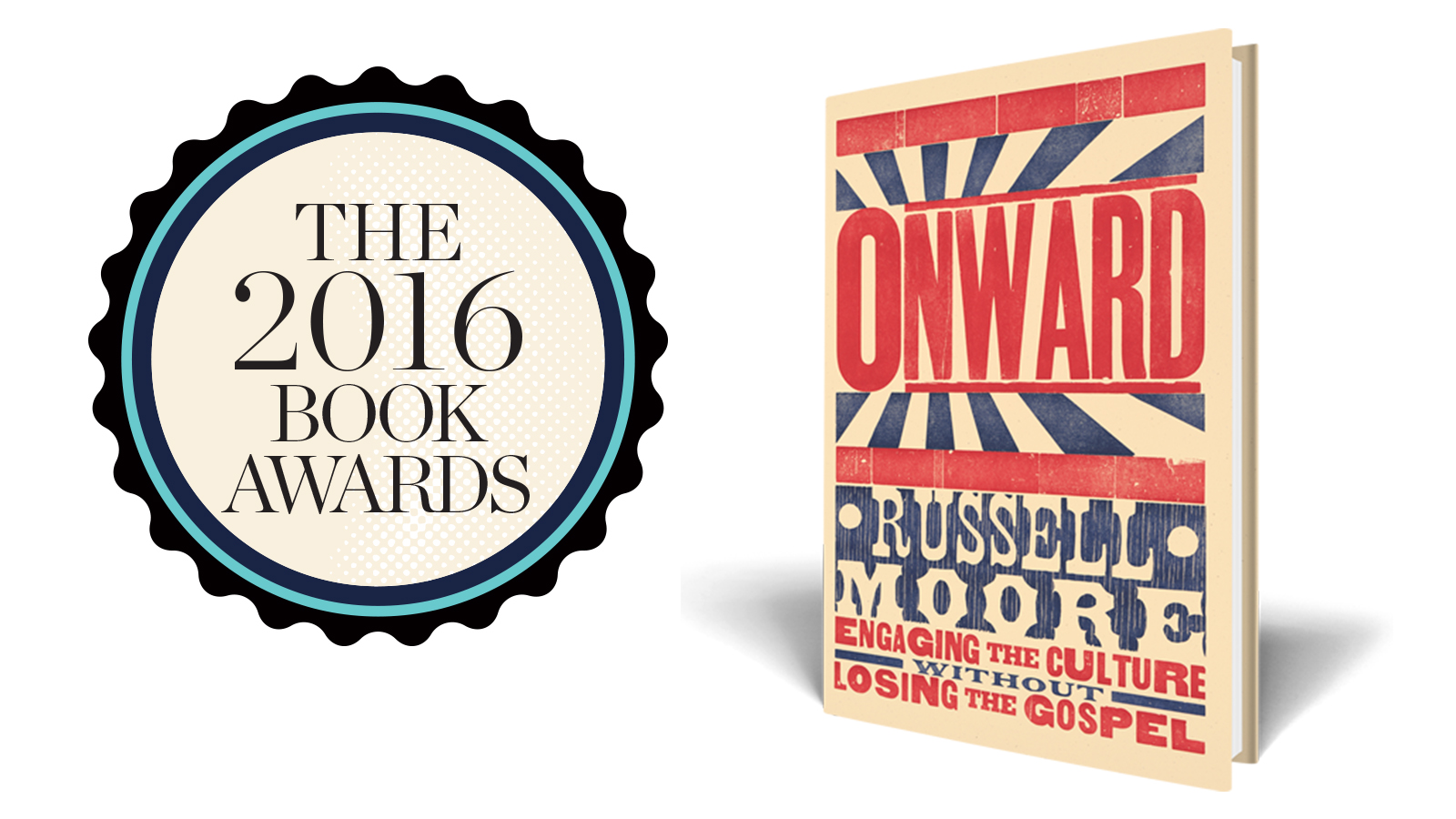I once clicked off a television program I normally love, because it just became too preachy. This episode was about preventing sexually transmitted diseases. A cartoonish, stereotypical Religious Right activist insisting on abstinence education frustrated the task of educating persons about proper condom use. The storyline enabled a series of coarse jokes, sprinkled with ongoing messages that abstinence doesn’t work and hurts people, and that government officials need the courage to fight the ideologues.
I, of course, am a conservative evangelical Christian who believes, with the historic Christian church, that chastity until marriage is God’s design and is necessary for human flourishing. I also think many efforts at sex education—those built merely around disease and pregnancy prevention rather than human dignity—have hurt people and diminished civil society. I’m not afraid of hearing other viewpoints. I turned off the television not because I was outraged, but because I was bored. This program was presenting a viewpoint with the kind of smug assurance of rightness that simply caricatured the views I hold.
I’m not worried about televised comedies. I was provoked, though, to think about how often we, as the Body of Christ, do the same thing. We can caricature our detractors’ positions in the grossest terms, in order to help reassure us that our opponents are particularly stupid or wicked, and we can get “Amens” from our side. But that’s preachiness, not preaching, and there’s a difference.
Jesus’ preaching took clear stands, with sharp edges. But Jesus never turned the sword of the Spirit into a security blanket for the already convinced. With the Samaritan woman at the well, for example, it would have been easy for Jesus simply to tell his disciples how Samaritans are sexually licentious because they reject the authority of the Bible. He could have ridiculed her self-delusion about her many failed marriages and her current cohabitation. Instead, he spoke to her, not about her. He uncovered how (even) she had to acknowledge the barrenness of the spiritual water she’d been lapping up.
Jesus, in continuity with the prophets and the apostles, didn’t shy away from moral confrontation. But he refused to leave it at the kind of superficiality we all crave. The disciples weren’t allowed to congratulate themselves for being free from adultery or murder, because his preaching drove the Law deeper into their consciences, exposing the kinds of internal adultery and murder it is much harder to identify. The apostle Paul, likewise, demonstrated the moral degeneracy of the Gentile nations (Rom. 1:18–2:26), but he didn’t allow the Jewish believers to step back and applaud him for his “calling sin ‘sin.’ ”
Many of the ideologies and practices we must confront are indeed deadly. But we aren’t preaching to those in bondage to such dangers if we simply repeat slogans. We must ask why such things are appealing, and why arguments for them can seem plausible. Our opponents, after all, are not cartoon super-villains in a lair somewhere, conspiratorially plotting the downfall of the good and the true. They believe themselves to be following the right way.
When unbelievers hear a canned, caricatured picture of their views, they recognize what I recognized in that television show. Preachy propaganda doesn’t arrest the conscience. We, as ambassadors of Christ, are dealing with the aroma of life and stench of death (2 Cor. 2:15–16). We must appeal to the depths of accused consciences that already know God but shrink back from him in fear.
Convictional kindness means loving people enough to tell them the truth, and to tell ourselves the truth about them. Those who oppose us aren’t (necessarily) stupid. They’re not any more hell-deserving than we are, apart from the grace of God in Christ. Preachiness never changed anybody’s mind. Preaching, on the other hand, can change everything.
Excerpted from Onward: Engaging the Culture without Losing the Gospel by Russell Moore. © 2015 B&H Publishing Group.
(Check out our judges' comments on the Beautiful Orthodoxy award winners, and the rest of the 2016 CT Book Awards.)











